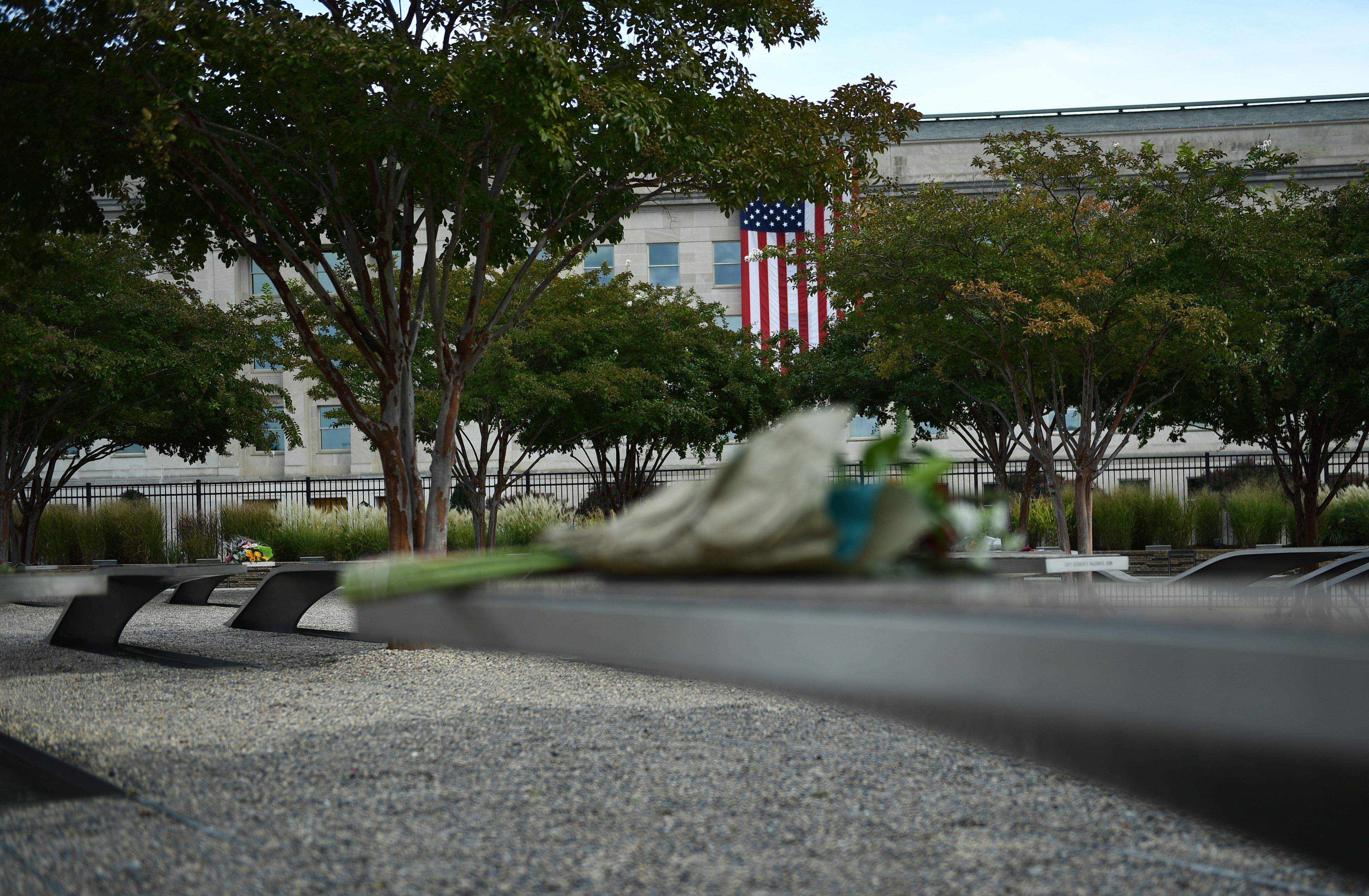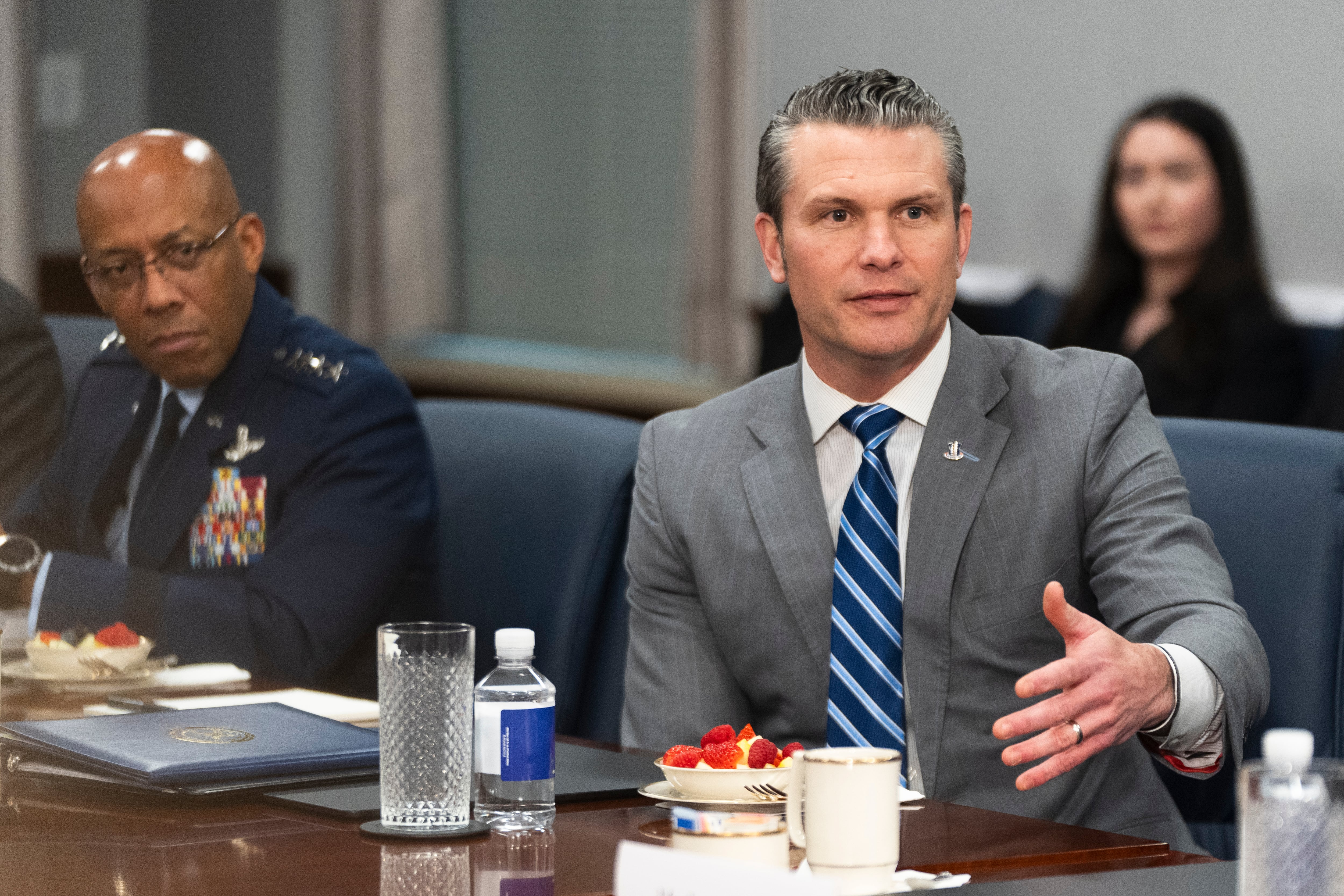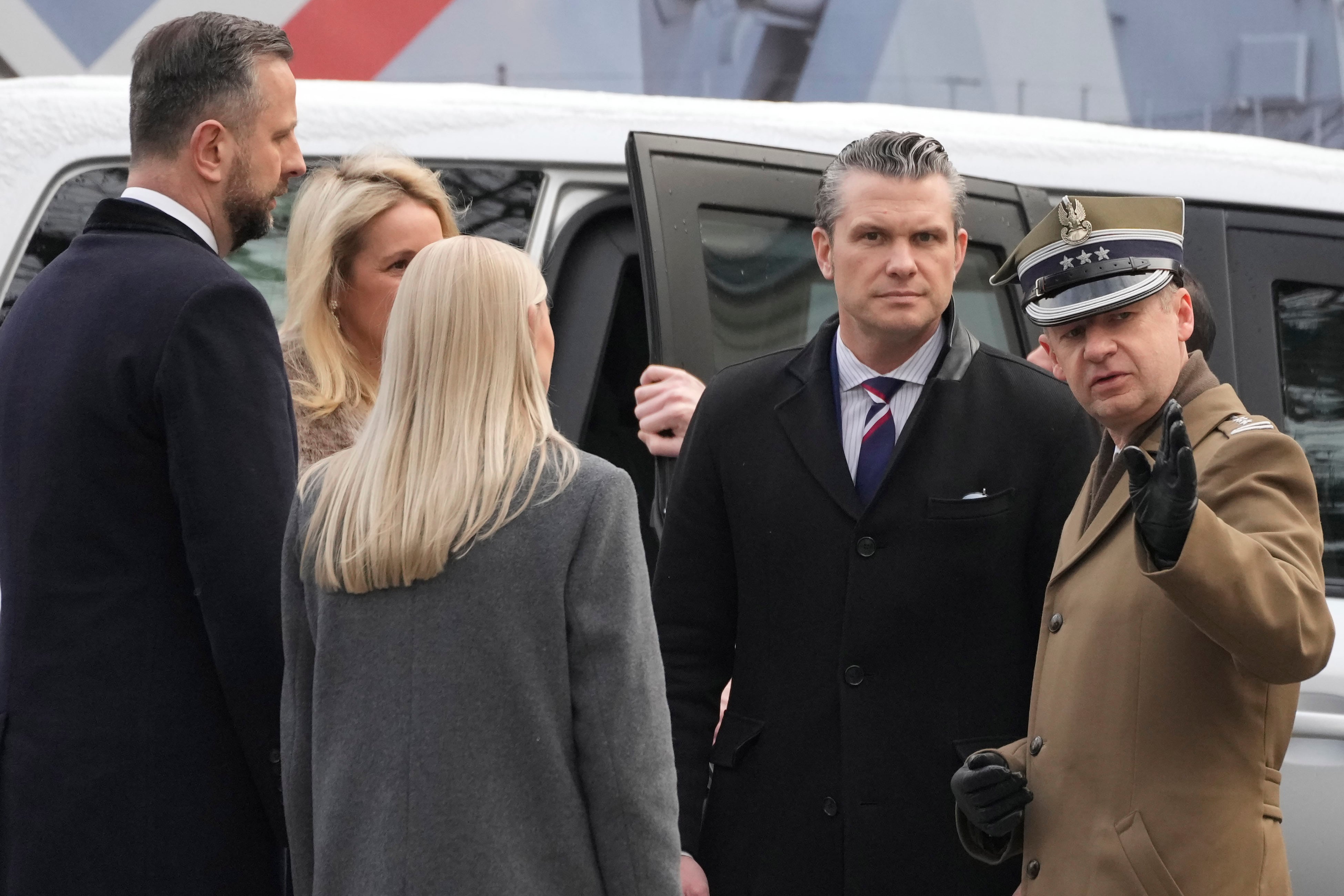“How are you doing?” has been a dreaded question for over six weeks now. To be honest, I am struggling.
I was the Afghan Ministry of Defense gender advisor from 2019-2020, responsible for helping recruit women into the Afghan Army. It was an important mission in US and NATO efforts to rebuild the Afghan security forces. Not only was it changing the trajectory of male dominated governance in Afghanistan, but it was also empowering a generation of women to be role models and guardians of the Afghan Republic.
I remember vividly, in November 2019, I was speaking on a women’s empowerment panel in the MoD auditorium before several hundred Afghan National Army women. I was invited by the former minister of personnel and education and accompanied one of the few female peace negotiators. In the midst of shadowy, male-dominated discussions between US and Taliban negotiators, several ANA women stood up before the crowd and voiced their fears — namely, if the Taliban came back to power they feared for their life. They asked me my opinion about the peace deal. I emphasized: “There is no way the US will abandon you. We will not let the Taliban take away your rights.” How wrong I was.
While I returned home in July 2020, Afghanistan did not leave me. Witnessing the collapsed peace process and the fall of Kabul has left a hole in me. Many of the same women I worked with are in hiding, face targeted assassination, and live under the dark shadow of Taliban rule. I have numerous emails and graphic pictures of Afghans pleading for me to help them. I am living this nightmare from my home and spend my days and nights trying to evacuate just one more colleague. Not a night passes that I don’t stay awake to think, just one more refugee application, one more phone call, one more family. Those who have already moved on from monitoring this crisis in their daily news feed, I envy your ability to move on.
Shona-ba-Shona, shoulder to shoulder, was the mantra leadership ingrained in us and that motivated — at my level — our decades-long partnership with Afghanistan. Advisors like me always knew a “vacuum of abandonment” would come if and when the U.S. withdrew military forces. Several of the Afghan families I was shepherding were injured at the Abbey gate explosion and are still suffering. The chaos of withdrawal resulted in the death of 13 service members, more than 150 Afghans, and many more injured. I am also hurt to my core and feel a sense of abandonment.
I continue to help Afghan refugees in the U.S. Despite their challenges, their changed lives, and environment, they are always so gracious and appreciative. Their resilience keeps me strong. Despite our reckless abandonment, there is so much we can learn from our partnerships. When you celebrate Veterans Day this year, keep in mind veterans are scarred and many still have open wounds.
Lt. Col. Natalie Trogus served as the Afghan MoD gender advisor from 2019-2020. She is currently assigned to the Pentagon and is working to evacuate her Afghan sisters and brothers to safety.
The views expressed are solely those of the author and do not reflect the official policy or position of the U.S. Government, Department of Defense, or U.S. armed forces.
Editor’s note: This is an Op-Ed and as such, the opinions expressed are those of the author. If you would like to respond, or have an editorial of your own you would like to submit, please contact Military Times senior managing editor Howard Altman, haltman@militarytimes.com.





